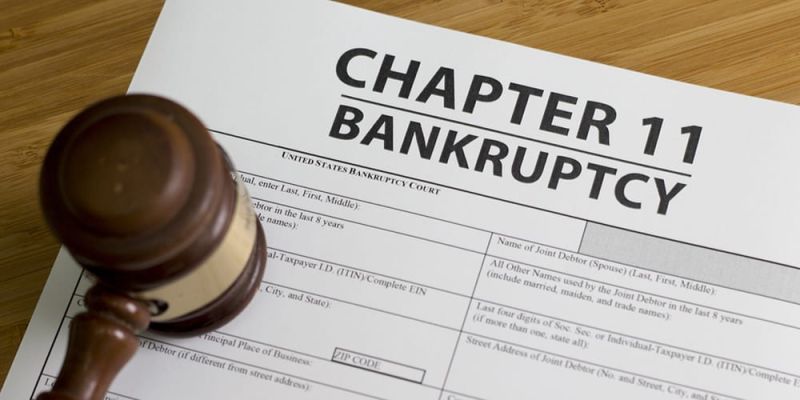
ELP: Entirely Legal Protectionism: A Discussion on One Example of Arizona’s Problematic Occupational Licensing Requirements
By Devin Gates* PDF Available “Well, that doesn’t seem fair…” Without fail, that is what I hear after telling people...

Drug Money: How Pharmaceutical Companies Are Paying for the Lives Lost to the Opioid Epidemic
By Grace Taskinsoy* PDF Available As the U.S. opioid epidemic continues to affect millions of Americans, pharmaceutical manufacturers and distributors...

Comparing Regulatory Responses to Privacy Threats in Digital Markets
By Madalyn Grace* PDF Available On October 12, leaders from the Federal Trade Commission (“FTC”) and Department of Justice (“DOJ”)...

Lehman Brothers’ Fourteen-Year Liquidation Ends
By Joseph Barreras* PDF Available Another chapter has closed in the fallout of the 2008 financial crisis: Lehman Brothers’ fourteen-year...

A Look at President Biden’s Antitrust Enforcement Efforts
By Stone Hunt* PDF Available President Biden made clear during his campaign and early in his presidency that he wanted...

The War Against “Woke Capitalism”: Anti-ESG Legislation in State Government
By Julia Sardiñas* PDF Available It seems that the culture warriors have chosen the sustainable investment movement as their latest...

The Forthcoming ENABLERS Act: What’s in Store for the World of Anti-Money Laundering
By Anton Sorkin* PDF Available In today’s society, “it’s like the more money we come across, the more problems we...

Two Insider Trading Cases May Shape the Future of NFT and Cryptocurrency Regulation
By Daniel Factor* PDF Available The allure of digital assets is largely based on their decentralized and unregulated design. The...

Student Relief Plan—A Balm of Gilead or a Can of Gasoline?
By Christian Parkinson* PDF Available Small business owners are struggling to keep their businesses afloat as the United States faces...

3M Subsidiary Files for Bankruptcy After More Than 230,000 Veterans File Lawsuits
By Jaclyn Perkins* PDF Available Aearo Technologies, a subsidiary of 3M, filed for Chapter 11 bankruptcy on July 26, 2022.[1] More...